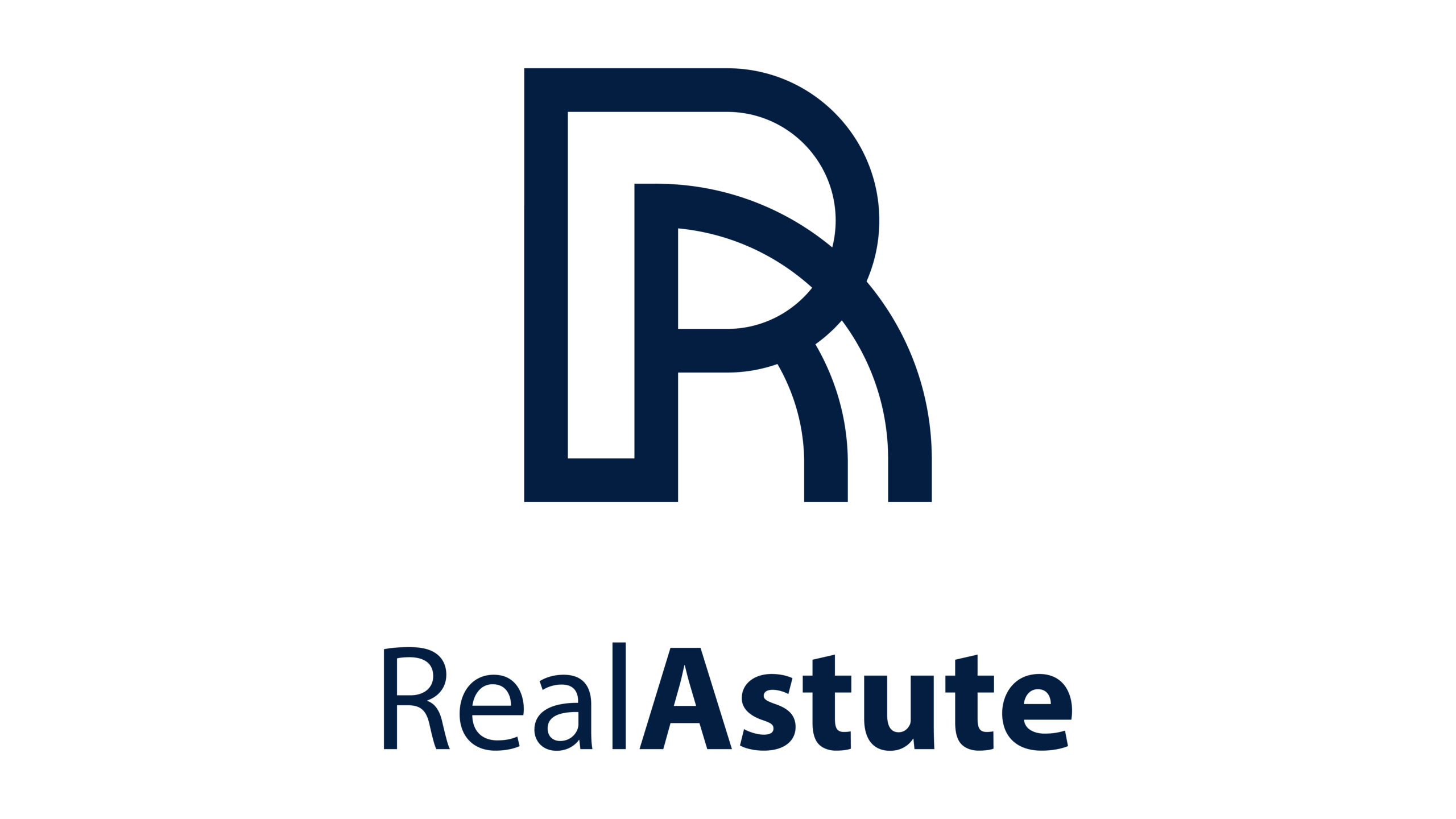
GUEST POST
Financial Hacks You Can Use to Help You Buy a New Home
By Brittany Fisher, CPA
Saving for a new home is a daunting task, especially given that the average salary that you need to buy a home varies wildly from state to state and even within neighborhoods. Between your current financial responsibilities and trying to save for that proverbial rainy day, it is easy to let homeownership feel like a pipe dream. Fortunately, it doesn’t have to be, and the following tips courtesy of RealAstute can help you hack the homebuying process.
Skip the down payment
You may be wondering if you can afford a new home without the traditional 20 percent down payment. Believe it or not, it is possible to get a home loan with no money down. You can take advantage of rural housing and VA loans, and FHA loans are available with low down payments for qualified individuals. You may even be able to accept a down payment gift from friends or family, but you will likely need a credit score above 620.
Raise your credit score before you apply
Speaking of your credit score, you should be aware that just a few points can have a huge impact on your monthly payments and overall out-of-pocket interest. For example, at the 620 mark, a $200,000 loan will cost you more than $1,150 per month, and you will pay more than double the original loan value in interest. Bankrate illustrates, however, that a credit score of 760 will drop your interest rate significantly and can shave nearly $70,000 off your interest and $200 per month off your mortgage payment.
Make an effort to increase your credit score well before you make the decision to buy a home. It can help to know how credit scores are calculated. Most scoring models look at your income, expenses, bill payment history, and current debt load. You will also be evaluated on the number of accounts you open. Experian cautions that it can take time to raise your credit score, so the sooner you prioritize this task, the better off you’ll be.
Become a good neighbor
If you are a police officer, teacher, EMT, or firefighter, you may be able to purchase a home for half price. While it sounds too good to be true, HUD’s Good Neighbor Next Door program makes it possible for select individuals. There are caveats, however: You will need to purchase a property in a designated revitalization zone, and you must commit to living on-site for at least three years. Available properties are limited, but you can search the current inventory at HudHomeStore.com.
Automate savings
One frequently overlooked benefit of the digital age is that you can automate your savings strategy. If your company offers direct deposit, set up an automatic transfer with your bank so that as soon as your check hits, your designated amount is forwarded to a savings account. It may take some time to get used to, but you can adjust to living without the additional cash. Make a point to redirect surpluses from raises and bonuses to your savings as well. Leave the account alone and commit only to withdrawing funds when it is time to buy your house. Another simple way to save money with very little work is to register for rebates programs like iBotta. Although these amounts might be small, every little bit helps, and you may be surprised at the gift you’ve given yourself at the end of a year.
Saving for a house should not leave you feeling doubtful. It is difficult, that’s true, but it is also not impossible. If you are willing to explore non-conventional loan options, don’t mind living slightly off the beaten path, or can automate your savings, you can get a lot of house for much less effort than you might think.
__________________________
Brittany Fisher has spent more than 20 years as a CPA. She runs her own site, Financiallywell.info where she shares her knowledge about taxes, personal finance, and general financial literacy hoping to help anyone who may benefit from it.






